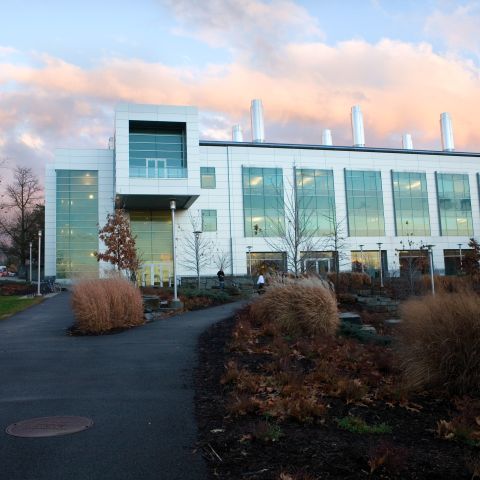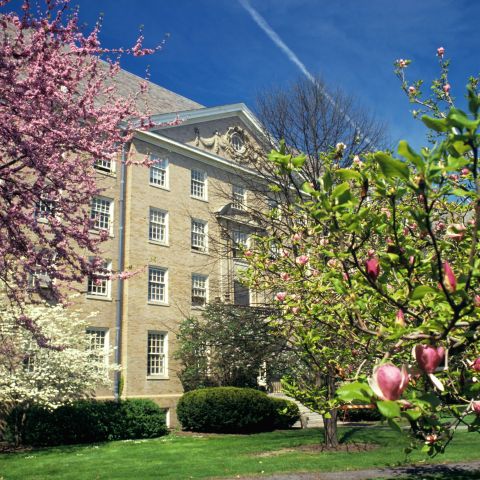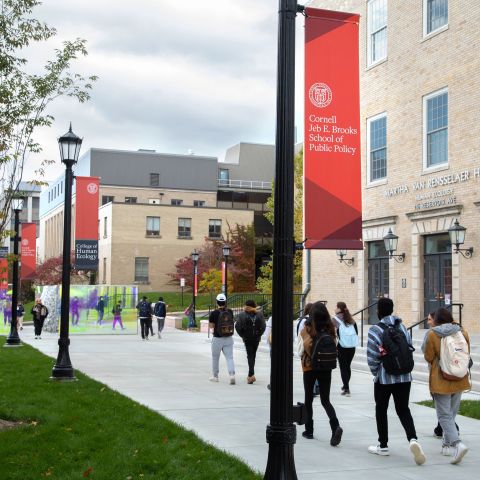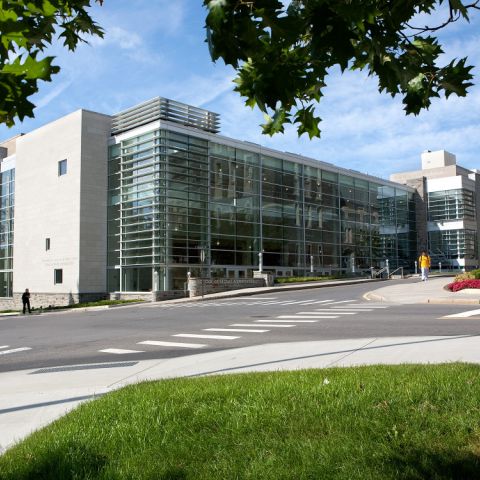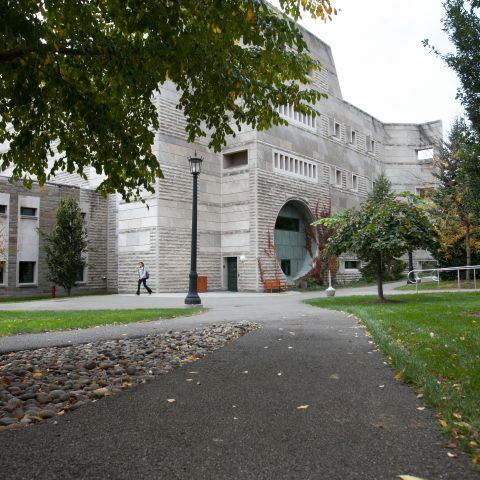Advising
Whether you need help building your schedule, navigating an academic challenge, or clarifying your academic or career goals, Cornell academic advisors are here for you! Your interests will undoubtedly evolve each year, so meeting with your advisors regularly is essential to helping you stay on track while also exploring the incredible options you have as a Cornell student. Your advisors are invested in your growth and development. Best of all, they'll listen and encourage you throughout your Cornell journey.
Your strategy for reaching your goals, however, must go way beyond simply ticking-off academic requirements. At Cornell, it's also about finding personal and academic support when you need it, developing your identity, engaging in our community, and enriching your education with experiences like internships, study abroad, public service, and research. It's also about doing your part in being an engaged, responsive advisee.
Your Advising Support Network, described below, is an incredible resource of advisors (some assigned to you, while others you would seek out for mentoring) who are deeply invested in your growth and development. They will listen and encourage you throughout your Cornell journey so take advantage of their knowledge and guidance.
Advising Support Network
The contents of this section are in a segmented pie chart which demonstrates the multiple networks of advising at Cornell. A table representation of this information is also available directly below.
For details, hover over or select one of the options in the chart.
College Advising
Other Advising Offices
Get additional advising to support your interests




